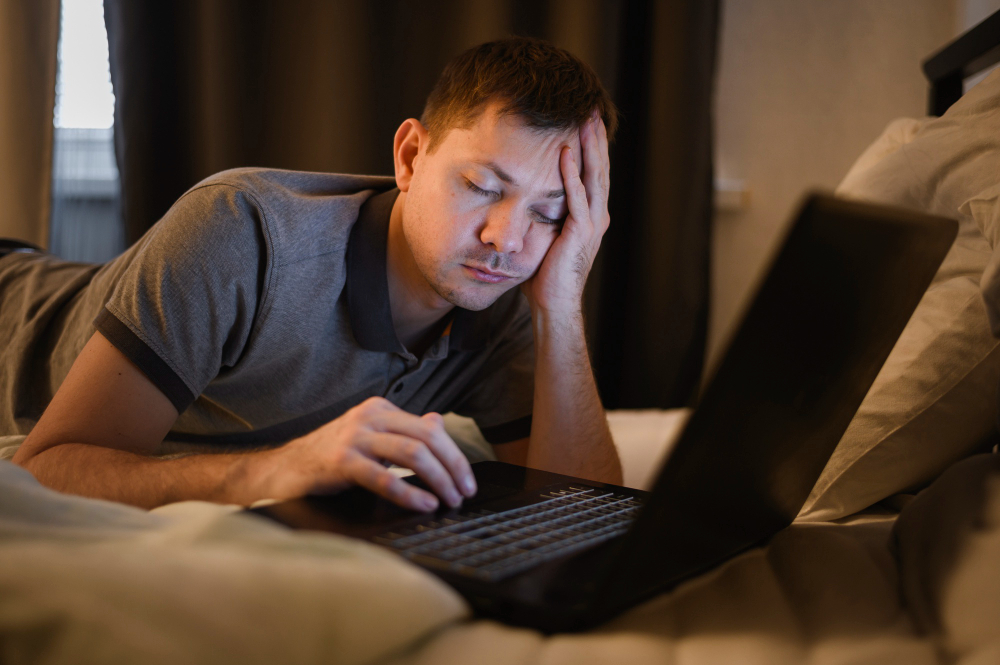What Is Eye Fatigue?
Eye fatigue, also called eye strain, happens when your eyes get tired from intense use. Many people feel this after reading for long periods or using screens. In today’s world, we spend more time on computers, tablets, and phones. Because of this, learning how to prevent eye fatigue from reading or screen use is important for everyone.
Common Symptoms
Eye fatigue can cause many symptoms. For example, you may notice:
However, these symptoms often go away with rest. If they last, you should talk to an eye specialist.
Causes of Eye Fatigue from Reading or Screen Use
Many things can cause eye fatigue. Most often, it happens when you focus on close tasks for a long time. For instance, reading small print or staring at screens can strain your eyes. Other causes include:
Because screens are everywhere, digital eye strain is now very common. The American Academy of Ophthalmology and the CDC both note that taking breaks and adjusting your habits can help.
Effective Prevention Tips
Luckily, you can prevent eye fatigue from reading or screen use with simple steps. Try these tips:
For people in bright cities or sunny areas, using anti-glare screens or blue light filters can also help.
Lifestyle and Eye Care Guidance
Besides daily habits, a healthy lifestyle supports your eyes. For example, eating foods rich in vitamin A, C, and E can help. In addition, staying hydrated keeps your eyes moist. You should also:
Moreover, regular eye check-ups are important. Early detection of vision problems can prevent further strain.
When to See an Eye Specialist
Most eye fatigue goes away with rest and good habits. However, you should see an eye specialist if:
Sometimes, eye fatigue can signal other health problems. Therefore, a professional exam is the best way to protect your vision.
In summary, you can prevent eye fatigue from reading or screen use by following simple tips and caring for your eyes every day. If you have ongoing symptoms, consult an eye specialist for personalized advice.
